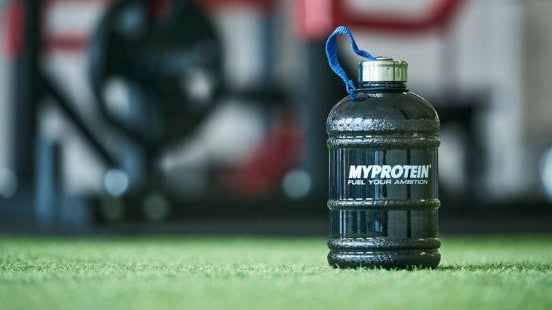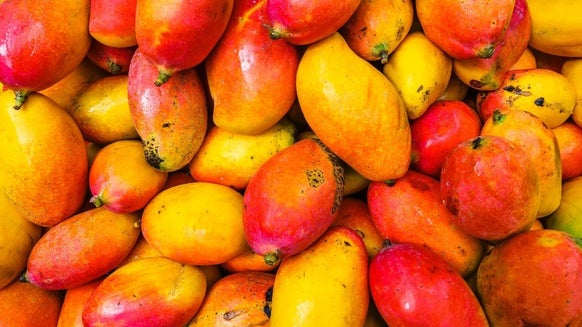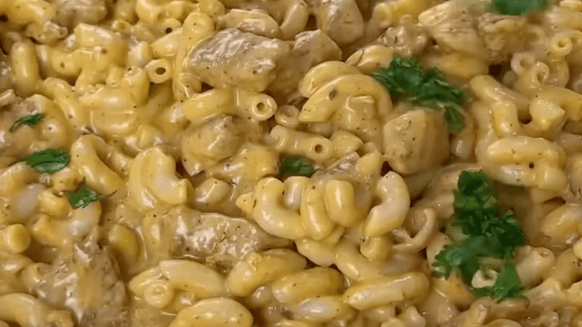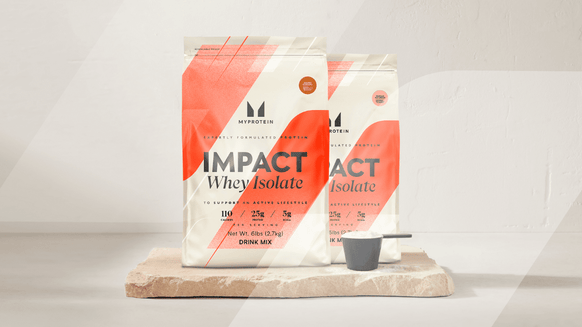
You’re likely familiar with protein shakes and the benefits of following a high protein diet when you want to build muscle and recover.
With so many different types of protein powders on the market, it can be hard to know which ones might be the best for your lifestyle. If you’re looking to boost your protein intake and overall health, read on to find out how casein might be the right fit for you.

What is casein?
Casein is a protein derived from cow’s milk. Casein is the solid milk protein, or curds, that develop during the cheese making process.
Casein is impacted by the acidic environment of the stomach which makes it digest slowly and make amino acids available to the muscles over a long period of time.
It’s also the protein that people with a milk allergy have the strongest reaction to, so it’s probably best to avoid if that’s you. It can be very beneficial for others though.
How is casein different to whey?
Casein is different from whey for several reasons. Whey comes from the liquid portion of milk and casein from the solids.
As two distinctly different proteins, they contain different amounts of amino acids and therefore play different roles in the body. Whey protein digests quickly and casein protein takes longer to be digested and absorbed.
You may want to take whey right after your workout to get those amino acids to your muscles quickly, whereas, casein is a good evening snack to keep that muscle building going on all night.
What are the benefits of casein
1. Slow digesting
The body’s slow digestion of casein protein is the primary reason it can be a beneficial addition to your diet. It offers all the benefits of protein but can work for a longer period, even hours after you take it. You can think of it as a slower, but more constant, stream of amino acid building blocks.
2. Muscle building - strength & recovery
The action of casein is beneficial to both building muscle strength and enhancing recovery. Because we know that our muscles benefit from extra protein for up to 24 hours after our workout, casein is the perfect way to continue to feed the muscles long after a meal.1
Exercise causes small tears in our muscles and protein helps to repair those tears and build them back up, stronger than before. The specific amino acids found in casein, including the BCAAs or branched chain amino acids, are excellent for decreasing soreness and helping to speed recovery.
3. Fat loss
Casein is a calorie-dense source of protein, with very little fat or carbohydrates, making it a very pure protein. Protein slows the digestive process, which makes your body feel fuller for longer.
Protein has been shown to increase satiety and help decrease calorie intake, which can lead to fat loss while preserving muscle. The greater your muscle mass, the higher your metabolism will be — also helping to burn more calories and fat.
4. Bone & Teeth Health
Because casein is a protein made from milk, it also happens to contain calcium and phosphorus, two essential minerals for our bone and teeth health. Our bones and teeth depend on calcium to stay strong, especially as we age, and using casein gets the benefit of dairy products without any added sugar.
5. Overnight protein source
Since most of us aren’t waking up in the middle of the night to eat to fuel our muscles, casein is a unique way to fuel our muscles even while we sleep. While a whey protein supplement is great immediately after a workout, it absorbs quickly.
Casein, with its slower absorption, gives the benefit of long-lasting protein supply to our muscles, even while we are in bed sleeping.
Casein foods list
How and when should I take casein?
Casein can be taken any time of day, with or without other foods. If you want to maximise the benefit of casein in your diet, take it before bed or during another long period between meals when you want to continue to fuel your muscles even if you are not eating.
There’s no harm in adding casein to your post-workout shake for convenience, as your muscles will benefit from the slow digestion and absorption any time of day.
What are the side effects of casein?
Because casein is the primary protein found in milk, those who have a milk allergy or sensitivity are most likely allergic or sensitive to casein and should avoid it as a supplement.
Large doses may cause gastrointestinal discomfort or indigestion, but overall has a low risk of side effects for those who have no trouble consuming dairy products.
Take home message
Casein is a high-quality protein source that’s unique in its longer action period. Anyone who is already using a whey protein can also benefit from casein.
If you’re looking to complement your current routine and need to add more protein to your diet especially between meals or overnight, casein is the perfect solution for you.

Claire is a Registered Dietitian through the Academy of Nutrition and Dietetics and a board-certified Health and Wellness Coach through the International Consortium for Health and Wellness Coaching. She has a Bachelor of Science in Biology and a Master’s degree in Clinical Dietetics and Nutrition from the University of Pittsburgh.
Talking and writing about food and fitness is at the heart of Claire’s ethos as she loves to use her experience to help others meet their health and wellness goals.
Claire is also a certified indoor cycling instructor and loves the mental and physical boost she gets from regular runs and yoga classes. When she’s not keeping fit herself, she’s cheering on her hometown’s sports teams in Pittsburgh, or cooking for her family in the kitchen.
Find out more about Claire’s experience here.
- Jäger, R., Kerksick, C. M., Campbell, B. I., Cribb, P. J., Wells, S. D., Skwiat, T. M., … & Smith-Ryan, A. E. (2017). International society of sports nutrition position stand: protein and exercise.Journal of the International Society of Sports Nutrition, 14(1), 1-25.








